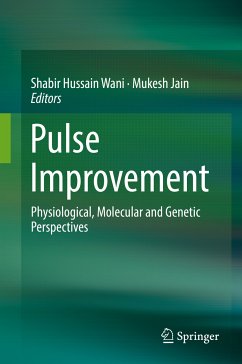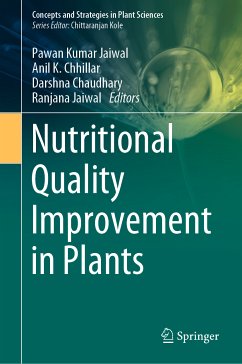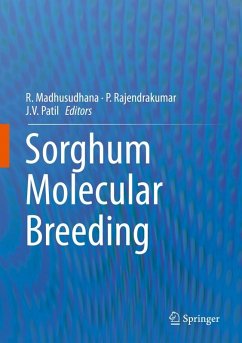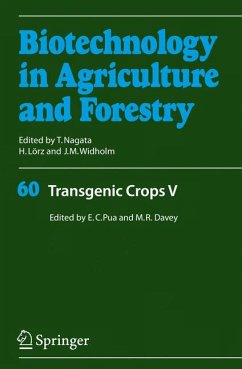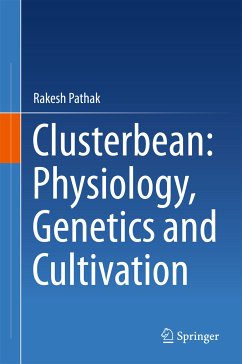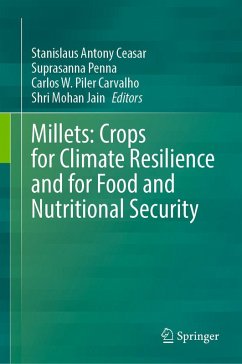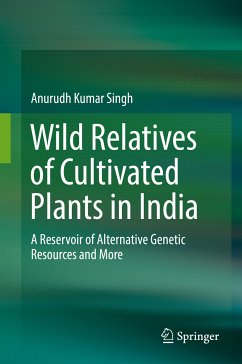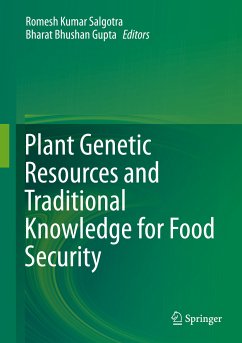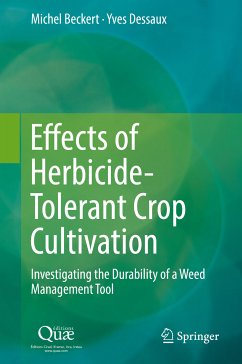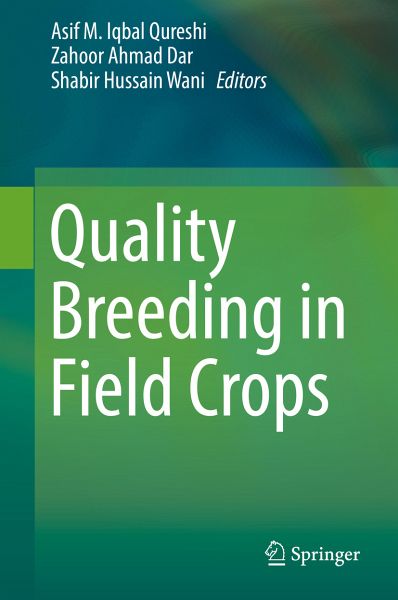
Quality Breeding in Field Crops (eBook, PDF)
Versandkostenfrei!
Sofort per Download lieferbar
112,95 €
inkl. MwSt.
Weitere Ausgaben:

PAYBACK Punkte
56 °P sammeln!
Development of superior crops that have consistent performance in quality and in quantity has not received the same emphasis in the field of genetics and breeding as merited. Specialty trait requires special focus to propagate. Yet basic germplasm and breeding methodologies optimized to improve crops are often applied in the development of improved specialty types. However, because of the standards required for specialty traits, methods of development and improvement are usually more complex than those for common commodity crops. The same standards of performance are desired, but the genetics ...
Development of superior crops that have consistent performance in quality and in quantity has not received the same emphasis in the field of genetics and breeding as merited. Specialty trait requires special focus to propagate. Yet basic germplasm and breeding methodologies optimized to improve crops are often applied in the development of improved specialty types. However, because of the standards required for specialty traits, methods of development and improvement are usually more complex than those for common commodity crops. The same standards of performance are desired, but the genetics of the specialty traits often impose breeding criteria distinct from those of non-specialty possessing crops. Specifically, quality improvement programs have unique characteristics that require careful handling and monitoring during their development for specific needs. Adding value either via alternative products from the large volumes of grain produced or development of specialty types is of interest to producers and processors. This work assimilates the most topical results about quality improvement with contemporary plant breeding approaches.The objective of this book is to provide a summary of the germplasm, methods of development, and specific problems involved for quality breeding. In total, fourteen chapters, written by leading scientists involved in crop improvement research, provide comprehensive coverage of the major factors impacting specialty crop improvement.
Dieser Download kann aus rechtlichen Gründen nur mit Rechnungsadresse in A, B, BG, CY, CZ, D, DK, EW, E, FIN, F, GR, HR, H, IRL, I, LT, L, LR, M, NL, PL, P, R, S, SLO, SK ausgeliefert werden.



